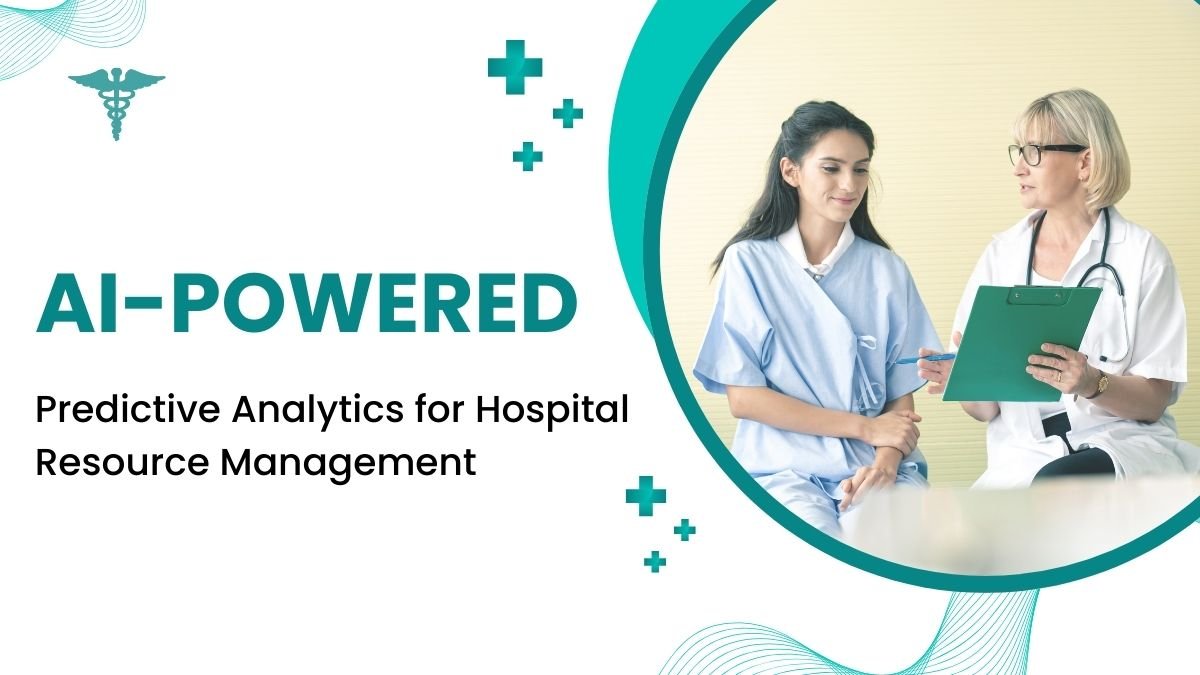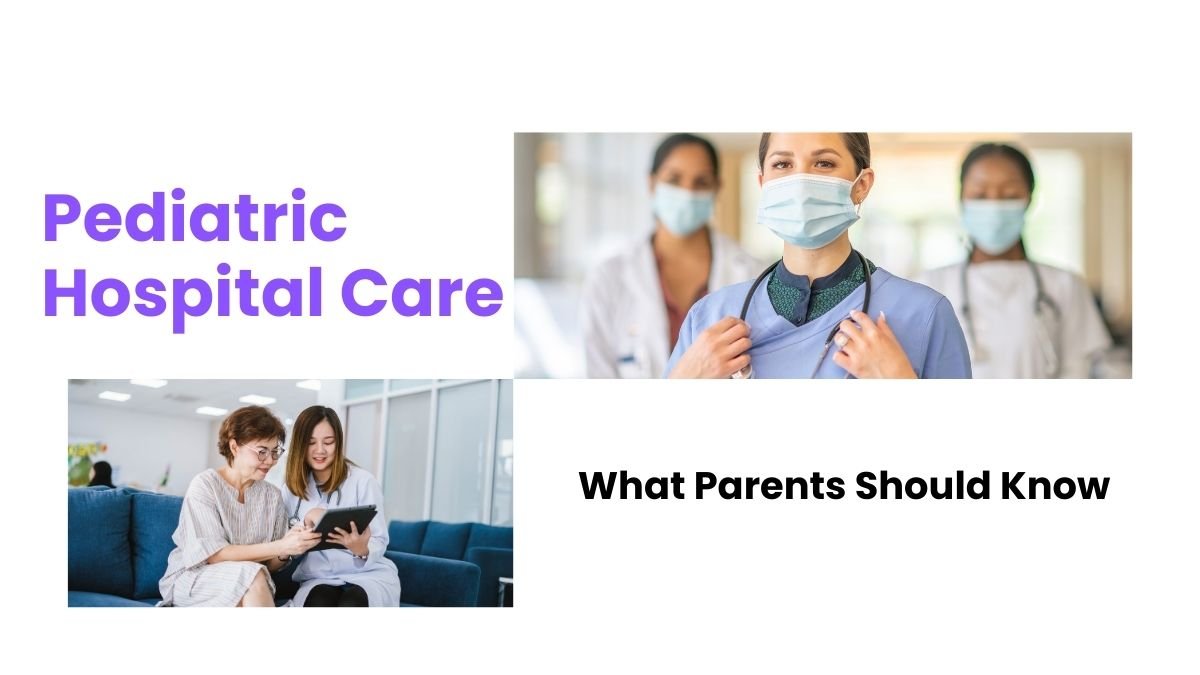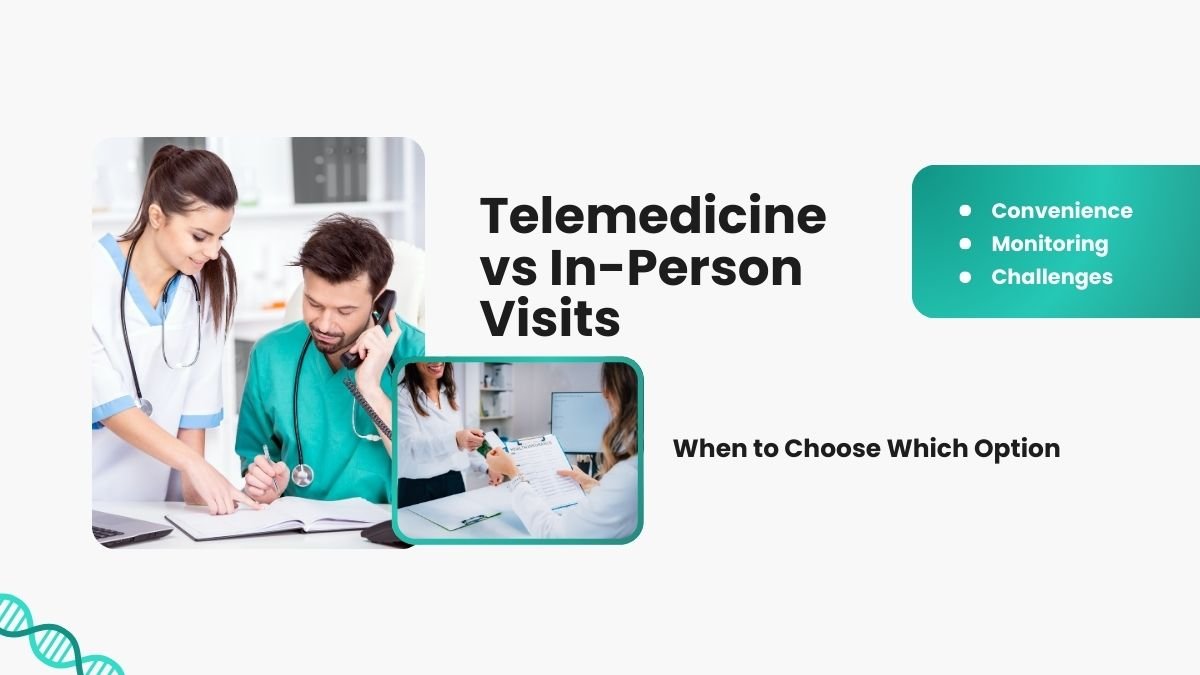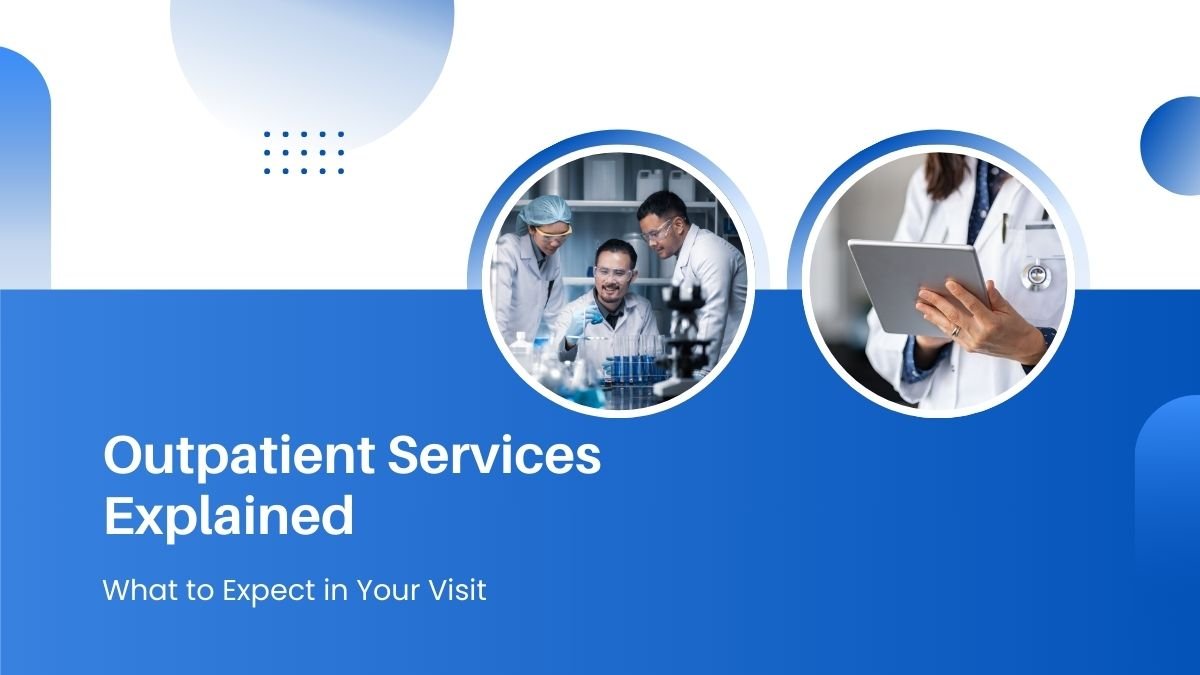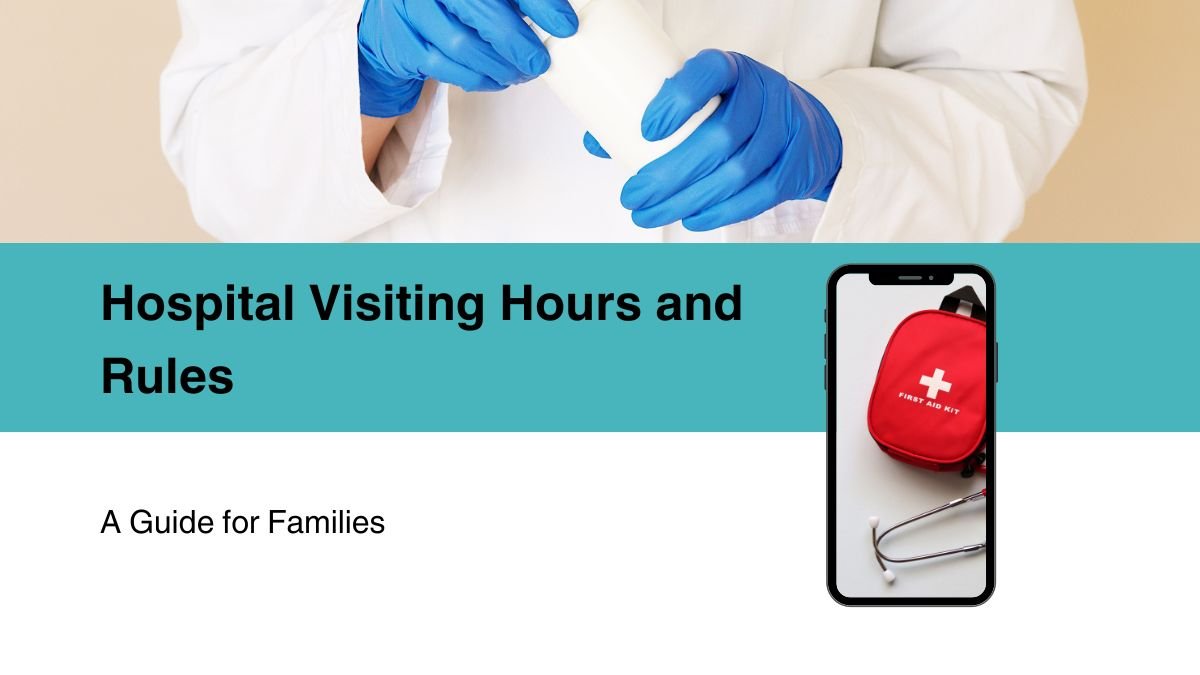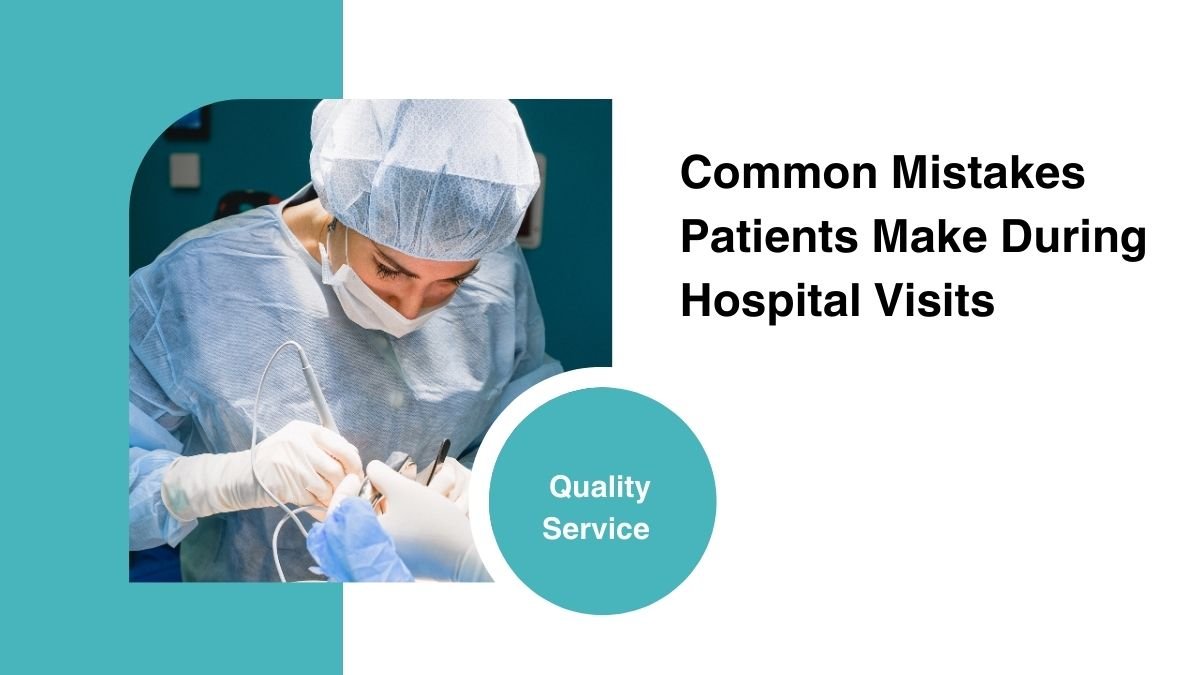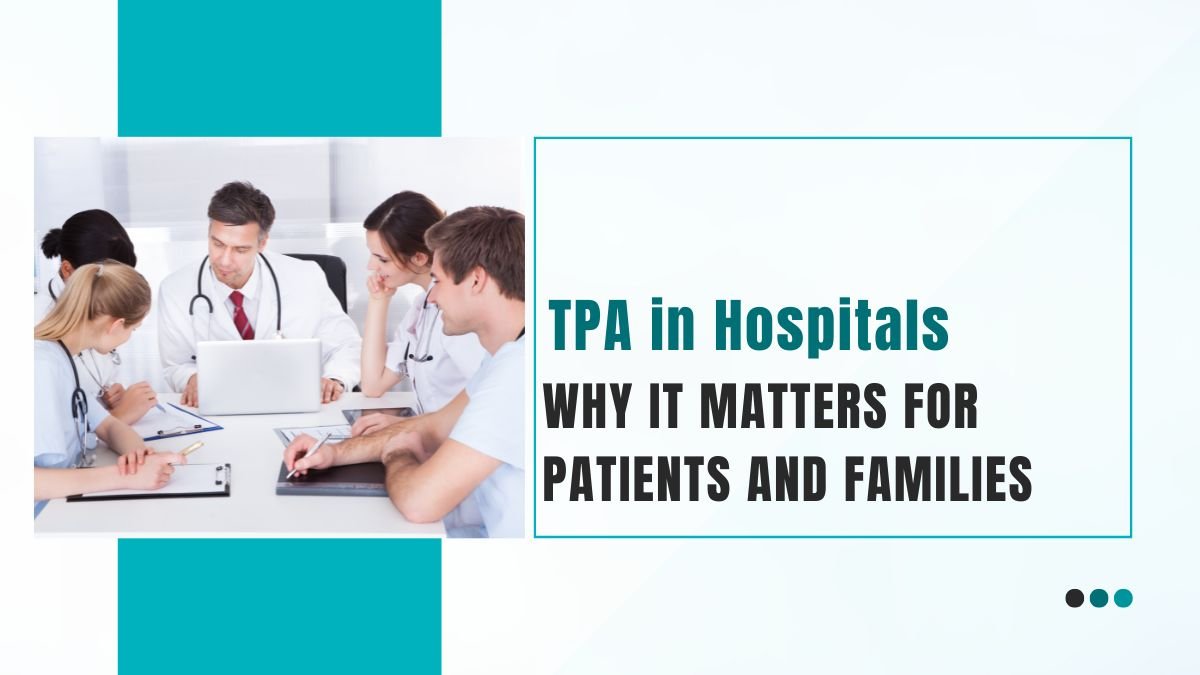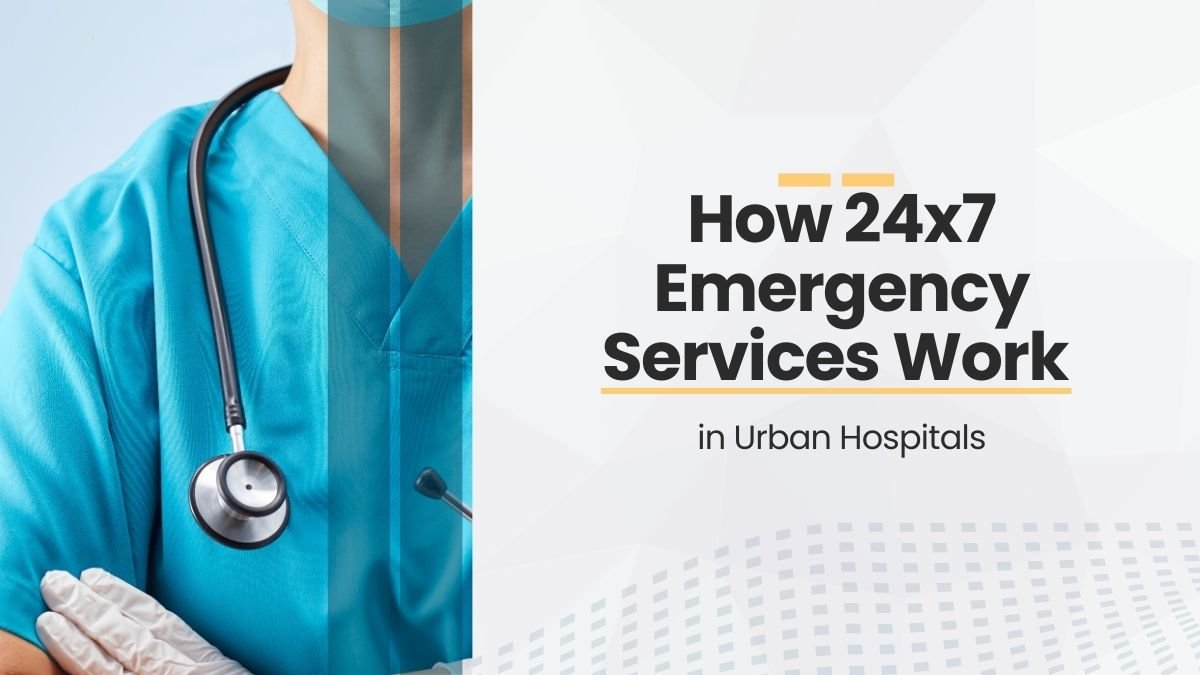AI-based Predictive Analytics: Revolutionizing Resource Management in Hospitals
Today, the job of hospitals is not just to treat patients. Managing resources efficiently has become equally important. With increasing patient numbers and diverse needs, hospitals often face challenges in operating with limited resources. In this scenario, artificial intelligence (AI)-based predictive analytics has emerged as a transformative solution.
This technology predicts future requirements by analyzing historical and current data, enabling hospitals to become proactive rather than reactive.
Benefits of AI Predictive Analytics in Hospitals
AI predictive analytics helps hospitals manage staffing, bed capacity, equipment, medicines, and other resources effectively. The benefits include:
- Increased operational efficiency
- Cost reduction
- Improved patient care
Prediction of Patient Numbers and Demand
AI systems estimate the number of patients expected in coming days, weeks, or months by analyzing data such as:
- Previous years’ hospital records
- Seasonal patterns and festivals
- External events and weather conditions
For example, during winter, diseases like flu and pneumonia increase. AI can predict patient inflow and help hospitals prepare in advance by:
- Preparing beds and wards
- Providing necessary equipment such as ventilators or oxygen cylinders
- Increasing staffing
Management of Staffing and Schedule
Adequate staffing is critical for patient care. AI predictive analytics can identify staffing needs in advance. For instance:
- If data predicts higher patient inflow in the emergency department, hospitals can schedule additional staff in advance.
- AI ensures balanced workloads, reducing staff fatigue and preventing overtime.
Proper Distribution of Resources
Hospitals have limited beds, equipment, and medicines. AI helps in:
- Identifying available beds and assigning patients efficiently
- Ensuring essential equipment like ventilators and dialysis machines are available on time
- Distributing medicines and supplies effectively
For example, anticipating a flu outbreak, AI can prepare ventilators and oxygen in advance, preventing treatment delays.
Emergency Preparedness
Sudden emergencies like floods, epidemics, or accidents require rapid response. AI predictive analytics enables hospitals to:
- Estimate needed beds, doctors, and nurses
- Plan resources and staffing in advance
- Maintain efficiency and provide timely treatment
Reducing Costs
AI helps hospitals reduce costs by:
- Optimizing use of beds and equipment
- Reducing waste of unused medicines and equipment
- Avoiding unnecessary overtime and additional staffing
For instance, if patient numbers are expected to be low, hospitals can save costs by avoiding extra staffing and equipment preparation.
Improving Patient Care
AI predictive analytics directly improves patient care by:
- Reducing waiting times
- Ensuring patients access the right department at the right time
- Enhancing patient satisfaction and treatment outcomes
For example, AI can identify patients at risk of a heart attack and alert the hospital in advance, enabling timely treatment.
Real-life Examples
- Flu outbreak: AI predicts patient influx based on seasonal data, allowing hospitals to prepare.
- Smart bed placement: Optimizes patient-bed assignment for smoother movement and reduced waiting time.
- Preventing readmissions: Predicts patients at risk of readmission to set preventive measures.
Challenges and Precautions
While AI offers significant advantages, challenges include:
- Data quality and integration: Ensuring valid data from multiple sources.
- Algorithm accuracy and bias: Continuous validation to avoid bias.
- Ethical considerations: Protecting patient privacy and ensuring security.
- Integration with existing systems: Harmonizing AI with legacy infrastructure and workflows.
Future Prospects
AI predictive analytics is poised to revolutionize healthcare beyond resource management:
- Individualized Treatment: Personalized care based on patient age, diseases, lifestyle, and risk factors.
- Preventive Intervention: Early identification of high-risk patients to prevent long-term conditions.
- Public Health Management: Predicting epidemics, disease spread, and health crises.
Conclusion
AI predictive analytics represents the future of hospital resource management. It transforms patient number prediction, staffing, bedding, equipment, medicines, and emergency preparedness. With ethical implementation, AI can streamline operations, reduce costs, improve patient care, and elevate overall healthcare standards.
